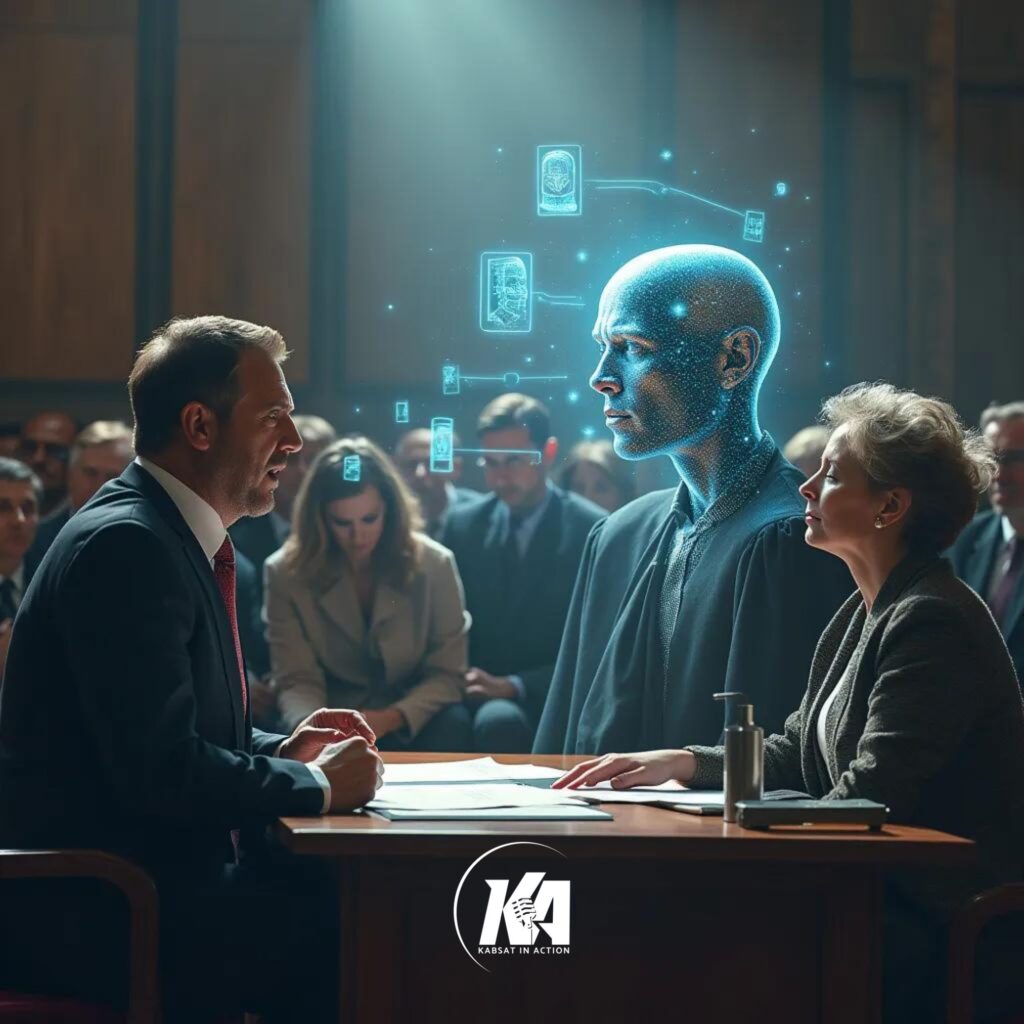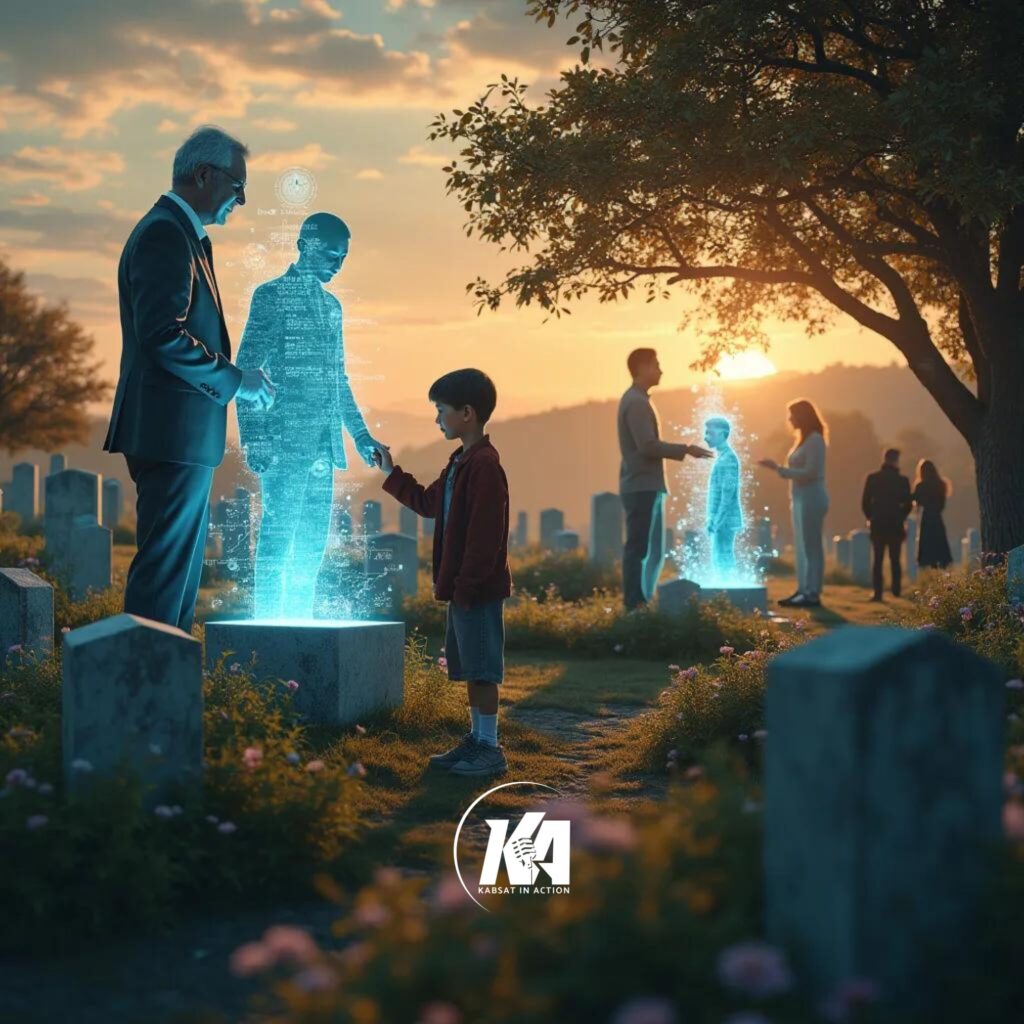In the realm of science fiction, the idea of reviving deceased loved ones through technology has long been a captivating concept, as depicted in the 2014 film Transcendence. In the movie, Johnny Depp’s character, Dr. Will Caster, uploads his consciousness into a computer, blurring the lines between life and artificial intelligence. Today, this concept is inching closer to reality as several companies develop AI technologies that allow people to interact with digital versions of those they have lost.
The Rise of AI in Mourning

AI technologies are now capable of creating interactive holograms, video avatars, and chatbots that simulate conversations with deceased individuals. For instance, StoryFile has developed a platform that allows users to record their stories and responses while alive, which can later be transformed into interactive holograms for family members. This can be particularly comforting during times of grief, as it allows for a sense of continued presence and connection.
DeepBrain AI offers a service called “Re;memory,” which creates digital avatars from extensive video and audio data to replicate the likeness and voice of the person. This service provides an opportunity for families to engage with these avatars in conversations about past memories.
Similarly, HereAfter AI allows users to create chatbots based on recordings of their loved ones’ voices and stories. These chatbots transform these recordings into interactive experiences that preserve the memories and personality traits of the deceased.
In China, companies like Silicon Intelligence are creating AI avatars using advanced chatbot technology to mimic the appearance and voice of deceased loved ones, offering a sense of connection and comfort to users.
Emotional and Ethical Considerations

While the potential benefits of these technologies are profound, they also come with a host of ethical and emotional considerations:
- Consent and Privacy: One of the primary concerns is whether individuals have given explicit consent for their likeness and voice to be used posthumously. The use of personal data in creating digital avatars raises questions about privacy and the potential for misuse.
- Emotional Impact: Psychologists warn that interacting with AI versions of deceased loved ones can be emotionally challenging. For some, it may provide solace and closure, while for others, it might prolong grief or create confusion. It is crucial for individuals to assess their emotional readiness before engaging with such technology.
- Cultural Sensitivity: The acceptance of AI in mourning practices varies widely across cultures. In some regions, there is growing interest in using AI to commemorate deceased relatives during cultural events. However, other cultures may find this practice unsettling or disrespectful.
Navigating the Future

As AI technology continues to advance, it will be essential for both developers and users to navigate these complexities thoughtfully. The creation of digital versions of deceased loved ones offers a unique opportunity to preserve memories and maintain connections beyond death. However, it also necessitates careful consideration of ethical implications and emotional impacts.
While these innovations provide potential solace for those grappling with loss, they require a delicate balance between technological possibilities and human sensitivities. As society continues to explore the intersection of AI and mourning, ongoing dialogue will be crucial in ensuring these technologies are used responsibly and respectfully.
